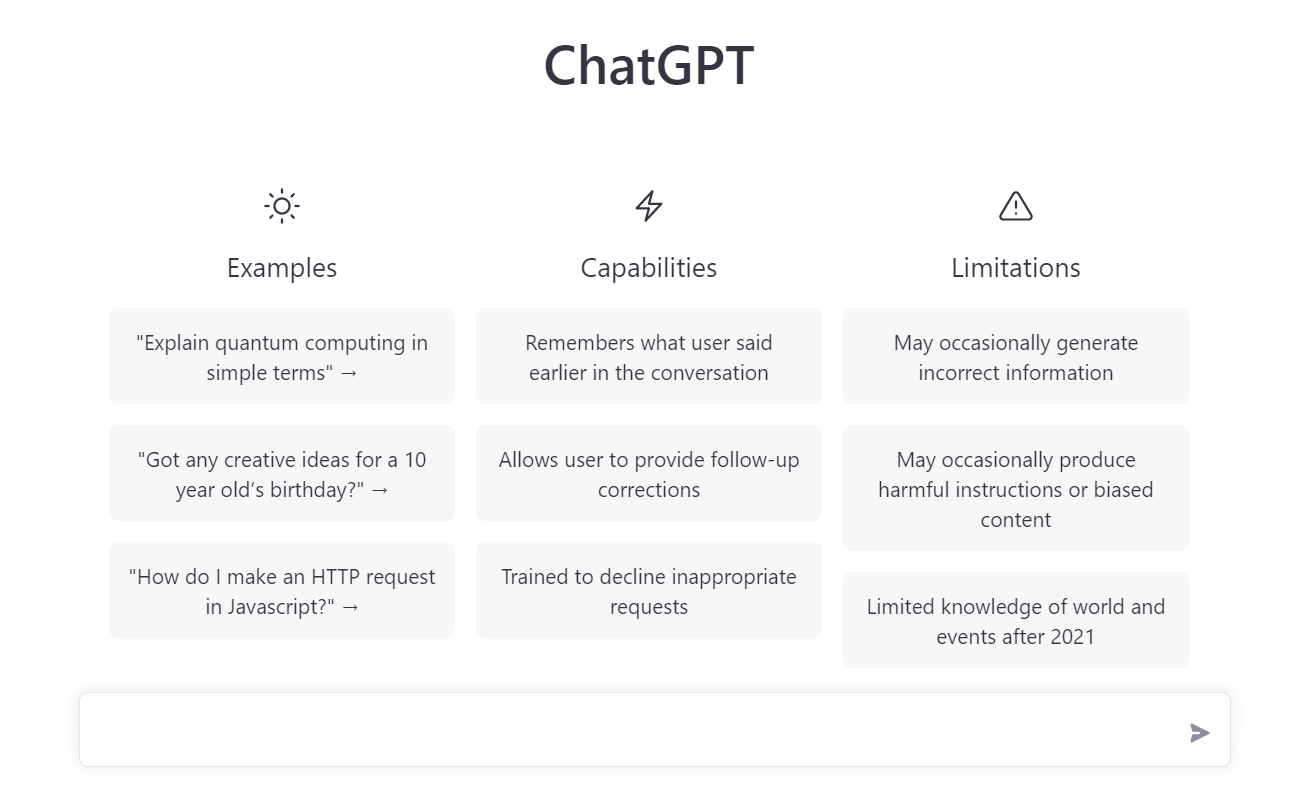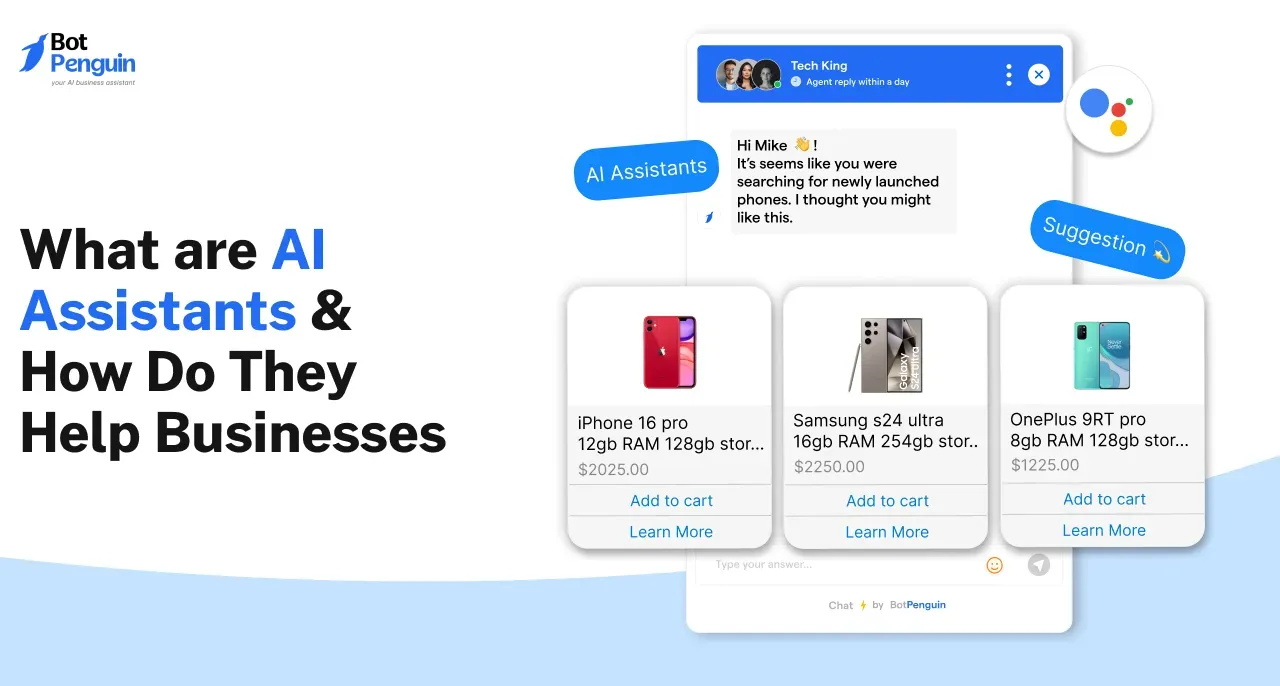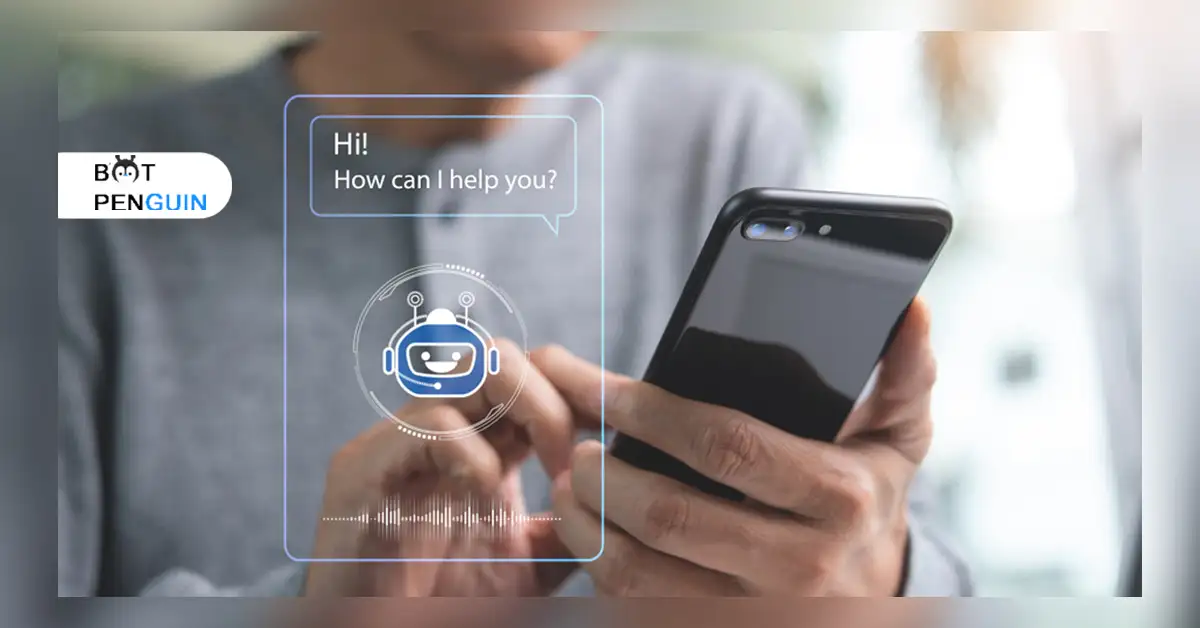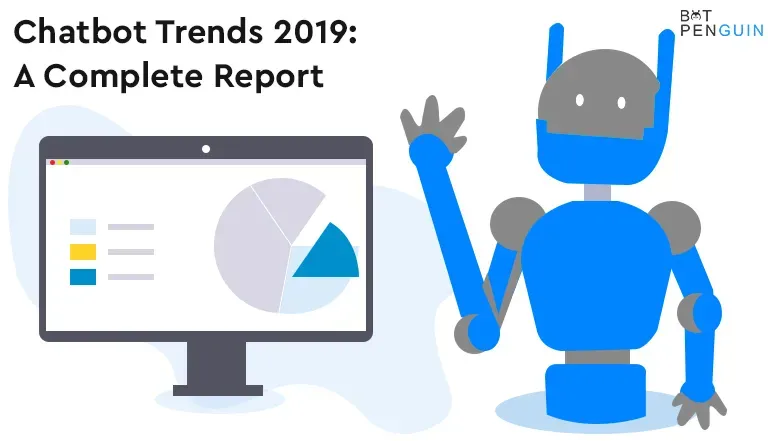The rapid advancement of AI technology has sparked discussions about the potential impact on various professional jobs like data scientists. A recent study by Gartner found that 25% of data science tasks will be automated by 2025.
ChatGPT is one of the technologies used to automate data science tasks. It includes data cleaning, feature engineering, and model building.
But let's not jump to conclusions just yet! While ChatGPT may be an incredible innovation, the role of data scientists is still vital in artificial intelligence.
After all, data scientists are the ones who analyze and interpret data to create algorithms that machine learning models can use. Without them, ChatGPT wouldn't even exist!
A survey by Dataquest found that 63% of data scientists believe that ChatGPT will positively impact their job. However, 37% of data scientists are concerned that ChatGPT will make their jobs obsolete.
So will ChatGPT replace data scientists? Continue reading this blog to find out more about it.
What is ChatGPT?
ChatGPT is an AI-based chatbot that uses machine learning to respond to users in a natural language.
GPT stands for Generative Pre-trained Transformer. Simply put, it's an AI model heavily trained on massive data. The data includes various subjects, from news articles to books to social media conversations.
What's unique about GPT is that it's a neural network trained on unsupervised learning. In other words, it has learned from the patterns in the data rather than being told explicitly what to learn.

How does ChatGPT work?
When you put a query into ChatGPT, the model uses the data it has learned to generate a response. The response isn't pre-determined as the model "thinks" about what it responds to using an attention mechanism.
The attention mechanism allows ChatGPT to focus on some aspects of the inputted query. It then generates a sequence of text that is the most probable response based on the patterns learned.
Role of Data Scientists
Data scientists are the superheroes of the digital age! They are crucial in transforming raw data into valuable insights that drive decision-making and innovation. Let's dive into the evolution of data science and understand their job description and responsibilities. And also explore the skills and qualifications required to excel in this exciting field.
Evolution of data science
Data science has evolved so much. It emerged alongside the explosion of data and the rise of technologies that can process and analyze vast amounts of information.
Data scientists have become even more essential with machine learning and AI advancements. They help organizations make sense of the data and uncover actionable insights.
Job description and responsibilities
Data scientists wear many hats. They gather and clean data, perform exploratory analysis, create predictive models, and communicate their findings to stakeholders.
They use statistical techniques, programming languages like Python or R, and machine learning algorithms to analyze and interpret complex data sets.
Data scientists also collaborate with cross-functional teams to develop data-driven strategies and identify opportunities for improvement.
ChatGPT vs. Data Scientists
Two powerful forces stand out in AI and data analysis: GPT, represented by the charismatic ChatGPT, and talented data scientists. Let's compare these two pillars of data-driven innovation.
Overview
The overview of ChatGPT and Data Scientists are:
- ChatGPT: ChatGPT is an AI-based chatbot that utilizes machine learning to generate responses based on patterns learned from vast amounts of data. It excels at understanding and processing natural language queries and providing real-time human-like responses.
- Data Scientists: Data scientists are highly skilled individuals who leverage their expertise in statistics, machine learning, and programming to extract insights from data. They analyze complex datasets, develop predictive models, and uncover valuable patterns to inform decision-making.
Scope of Expertise
The scope of expertise of ChatGPT and Data Scientists are:
- ChatGPT: Specializes in generating human-like text and engaging in natural language interactions.
- Data Scientists: Possess a wide-ranging skill set, including data collection, preprocessing, analysis, modeling, and decision-making.
Task Focus
The task force of ChatGPT and Data Scientists are:
- ChatGPT: Primarily designed for language-related tasks such as text generation and conversation.
- Data Scientists: Address complex business problems through data analysis, predictive modeling, and generating actionable insights.
AI Creativity
The AI creativity feature of ChatGPT and Data Scientists are:
- ChatGPT: Excels at creative text generation, making it suitable for content creation and brainstorming.
- Data Scientists: Apply creativity to devising novel solutions and strategies, often involving complex algorithms.
Data Handling
The data handling of ChatGPT and Data Scientists are:
- ChatGPT: Processes inputs to generate outputs but needs a deeper understanding of data nuances.
- Data Scientists: Expertly handle and preprocess diverse datasets to extract meaningful patterns and trends.
Problem Solving
The problem solving capabilities of ChatGPT and Data Scientists are:
- ChatGPT: Offers solutions based on its trained data but needs more critical thinking and domain expertise.
- Data Scientists: Analyze data, identify problems, and formulate comprehensive solutions by combining domain knowledge with data insights.
Model Training
The Model training of ChatGPT and Data Scientists are:
- ChatGPT: Pretrained on vast text data, requiring fine-tuning for specific tasks or domains.
- Data Scientists: Develop and fine-tune custom models tailored to the unique characteristics of the data and problem.
Interpretation
Next point of comparison between ChatGPT and Data Scientists is data interpretation.
- ChatGPT: Cannot interpret data or provide nuanced insights deeply.
- Data Scientists: Uncover insights, correlations, and causal relationships in data, providing actionable recommendations.
Business Context
The business context of ChatGPT and Data Scientists are:
- ChatGPT: Lacks understanding of the broader business context and strategic decision-making.
- Data Scientists: Align data-driven insights with business objectives, making informed decisions that drive growth.
Ethical Considerations
The ethical considerations of ChatGPT and Data Scientists are:
- ChatGPT: Can inadvertently produce biased or inappropriate content due to training data biases.
- Data Scientists: Address ethical concerns in data collection, model development, and decision-making to ensure fairness.
Human Collaboration
Lastly, the point of comparison of Human Collaboration between ChatGPT and Data Scientists are:
- ChatGPT: Serves as a tool for augmenting human communication, enhancing productivity.
- Data Scientists: Collaborate with cross-functional teams to translate data insights into actionable strategies, fostering innovation.
And if you are one who highly believes in making use of ChatGPT capabilities to the fullest, then meet BotPenguin, a one-stop destination for every ChatGPT solution:
- Whitelabel ChatGPT
- Hire ChatGPT Developers
- Custom ChatGPT Plugins
- Hire Chatbot Developers
- Custom Chatbot Development
- ChatGPT Clone
- ChatGPT Consultant
Potential Challenges In Replacing Data Scientists with ChatGPT
While ChatGPT offers numerous benefits, there are several challenges too. So here are the challenges in replacing data scientists with ChatGPt.
Advancements in Natural Language Processing
ChatGPT leverages Natural Language Processing (NLP) advancements to understand and generate human-like responses.
Data scientists can use ChatGPT as a powerful tool to interact with data, perform complex queries, and receive interpretations conversationally. It bridges the gap between data scientists and machines, making data analysis more accessible and efficient.
Ethical Considerations
Ethics is pivotal in data science, as it involves dealing with sensitive and personal information. ChatGPT, though advanced, needs to understand the ethical considerations that human data scientists bring to the table.
Data scientists understand the importance of privacy, fairness, and unbiased decision-making. They can navigate complex ethical dilemmas, ensuring data analysis and decision-making are made responsibly and ethically.
Limitations of GPT Technology
While ChatGPT has made significant strides in NLP, it still has limitations. GPT technology heavily relies on the patterns and information it was trained on, which can lead to biased responses or erroneous conclusions.
Data scientists, on the other hand, possess critical thinking abilities. They have domain expertise to validate and interpret results. It makes them more reliable in complex scenarios that require nuanced analysis.
Automation of Data Collection and Cleansing
Data collection and cleansing are crucial steps in any data science project. ChatGPT can automate these processes, saving data scientists valuable time and effort. It can scrape websites for data and perform text extraction.
It can even assist in data cleaning by identifying inconsistencies or anomalies. This automation helps data scientists to focus on higher-level tasks like analysis and modeling.
The Need for Human Intervention
Data scientists bring creativity, problem-solving skills, and domain knowledge. They can understand the intricacies of data, develop customized models, and tailor analyses to solve unique business challenges.
ChatGPT, while a powerful tool, needs more adaptability and intuition from human data scientists. Human intervention is often required to make sense of complex data relationships, identify outliers, and generate meaningful insights that drive informed decision-making.
Will ChatGPT replace Data Scientists Completely?
As ChatGPT continues to make waves in AI, it is natural to ask whether it will eventually replace Data Scientists entirely. While opinions differ, let's examine both sides of the argument and the potential scenarios that could result from this rapidly advancing technology.
The Future of Data Science and AI
Many experts predict that the future of data science and AI lies in collaboration between humans and machines. As we continue to embrace AI tech, we can do so in a way that complements human expertise, not replace it.
ChatGPT serves as a powerful tool for data scientists to interact with data. But more is needed to replace the creativity, critical thinking, and nuanced analysis humans bring.
Reasons For and Against the Replacement
There are different reasons for both sides of the argument. Proponents of ChatGPT point out how it can automate routine data tasks. It provides faster and more efficient results. Supporters add that machines are less prone to bias and can eliminate human errors.
On the other hand, those against the replacement argue that ethical considerations and the limitations of GPT technology outweigh the benefits. Data Scientists can overcome ethical dilemmas. They can navigate situations requiring domain expertise and critical thinking, elements still foreign to ChatGPT.
Potential Scenarios
While it is difficult to predict the future, possible scenarios can emerge from ChatGPT's advancement. One ideal situation is for machine learning to take over tasks that can be automated while leaving data scientists to carry out the complex aspects of data analysis.
Another scenario is that the continued advancement in AI will lead to the creation of chatbots with unparalleled abilities in Data Science, making the role of humans less critical. It could open individuals and organizations to unintended consequences in the long run.
Conclusion
In conclusion, ChatGPT and Data Scientists share the same roles, but it is clear that a complete replacement is unlikely. Data scientists bring a unique blend of creativity, critical thinking, and domain expertise.
The future lies in transforming AI roles, where ChatGPT augments and enhances the capabilities of data scientists. It results in faster and more efficient data analysis.
A study by Stanford University found that ChatGPT can generate code that is as accurate as code written by human data scientists. However, ChatGPT is still not as good as human data scientists at understanding the nuances of data and coming up with creative solutions to problems.
According to Mckinsey Global Institute, data-driven businesses are 23 times more likely to outperform their competitors in customer acquisition.
ChatGPT, however, has limitations and needs more human adaptability and intuition. ChatGPT is a significant and helpful development in AI technology, but it won't likely replace data scientists.
Frequently Asked Questions (FAQs)
Will ChatGPT replace data scientists in the field of AI?
ChatGPT will only partially replace data scientists. While ChatGPT can assist in certain aspects of AI, data scientists bring expertise in data analysis, modeling, and problem-solving, which are critical for developing and implementing AI solutions.
How does ChatGPT transform AI roles?
ChatGPT transforms AI roles by automating specific tasks and assisting data scientists. It can help streamline workflows, improve productivity, and enhance the overall efficiency of AI projects. Further, this allows data scientists to focus on more complex and strategic aspects of their work.
What are the key advantages of using ChatGPT in AI roles?
Using ChatGPT in AI roles can increase efficiency, faster development cycles, and improve collaboration. It enables data scientists to leverage the power of AI-generated suggestions and insights. It enhances their decision-making process and accelerates project outcomes.
Can ChatGPT perform the same tasks as a data scientist?
ChatGPT has limitations compared to data scientists. While it can generate text and provide suggestions, it must gain the deep expertise and domain-specific knowledge that data scientists bring. Data scientists possess critical thinking abilities and advanced statistical skills necessary for complex AI tasks.
How can data scientists leverage ChatGPT in their work?
Data scientists can leverage ChatGPT to generate ideas, explore possibilities, and gain inspiration. They can use ChatGPT to assist in data preprocessing, exploratory data analysis, and even developing initial models, saving time and effort in AI development.



